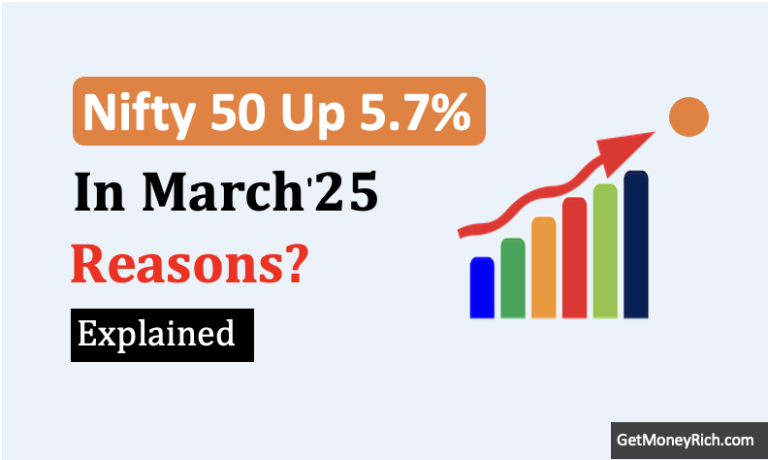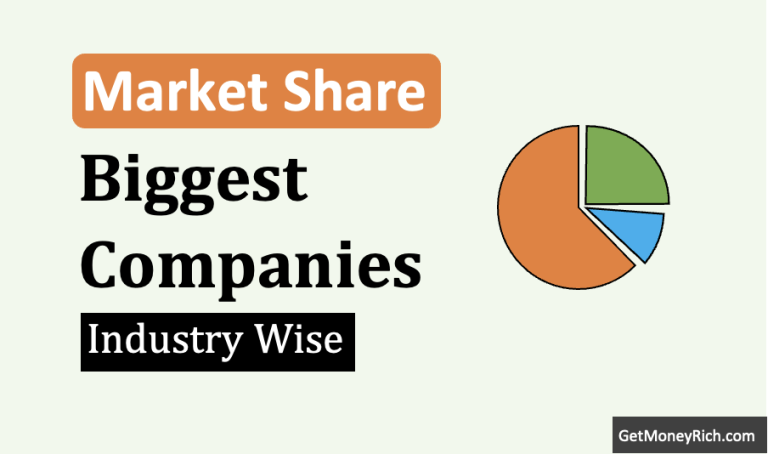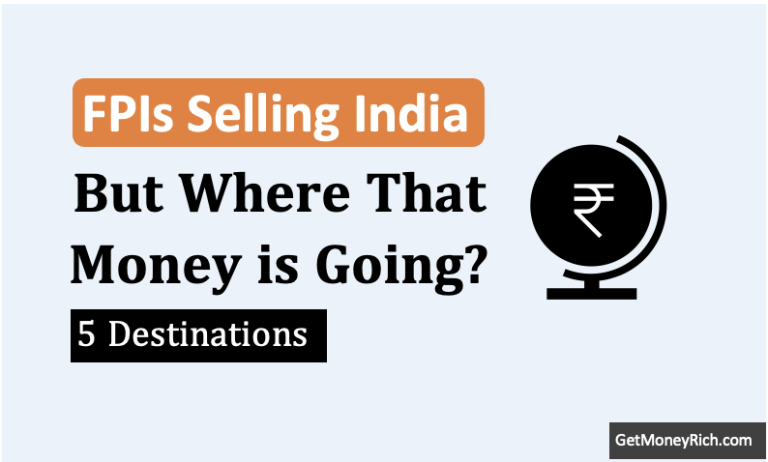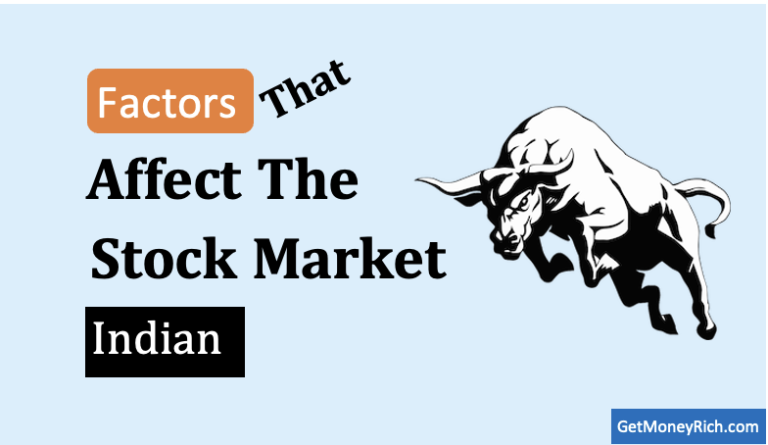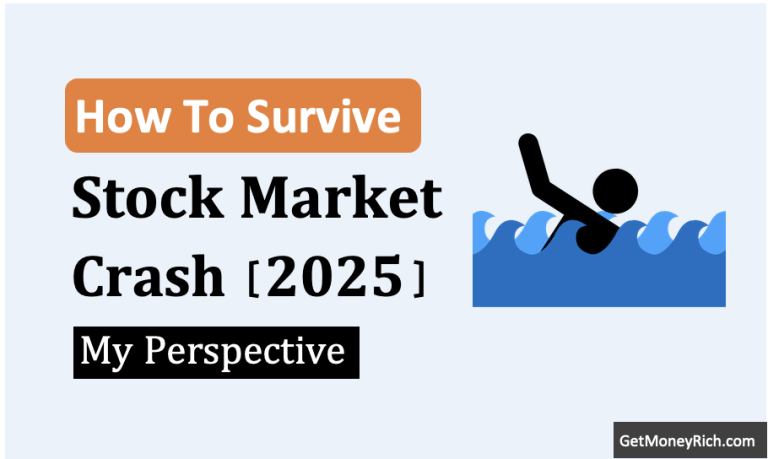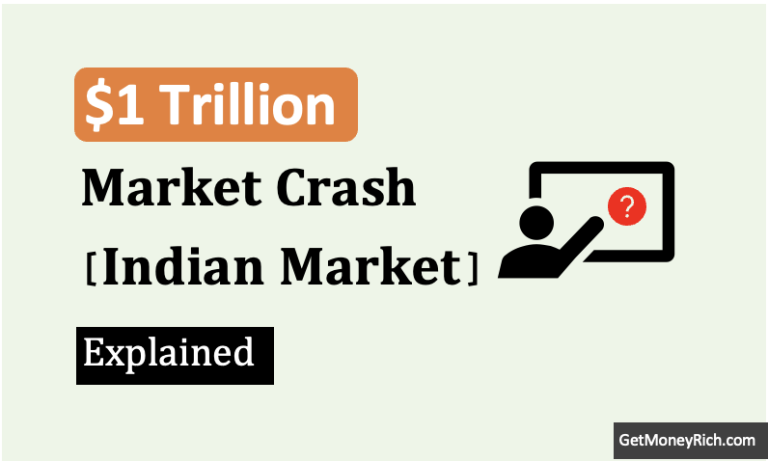Today, we’re diving into a juicy topic that’s been floating around lately: Will the stock market crash in the next one year? I stumbled across a comment online that got my wheels turning, and I thought, “This is perfect for us to declutter the topic together.” Whether you’re new to investing or you’ve been watching your “market linked retirement fund” like a hawk, I promise to keep this simple.
The Comment That Started It All
A self-proclaimed Moderate, said they don’t see the stock market crashing anytime soon. Why? They think the current administration (we’re talking Trump’s second go-round as of March 2025) won’t let it happen.
Not because of some genius economic masterplan, but because of behavior. Trump’s ego, they argue, won’t let the economy flop.
He’ll tweak policies, like those big, loud tariff threats, before they tank your investments or jack up the price of your groceries. Plus, they pointed out Republicans love deregulation, which could keep companies humming along once the initial jitters settle.
Intriguing, right? Let’s dig in.
First Things First: What Makes the Stock Market Move?
Before we get into predictions, let’s level-set.
Imagine the stock market like a giant rollercoaster at an amusement park. Sometimes it’s climbing high, other times it’s dipping low, and every once in a while, it feels like the whole thing might derail.
What drives those ups and downs? A few big factors we’ll take up here:
- The Economy: Jobs, spending, inflation, all that factors working together. If people are working and buying stuff, companies make money, and stocks tend to rise.
- Company Performance: Are businesses growing? Making profits? Think of Walmart or Apple, if they’re doing well, it’s a good sign for the market.
- Government Policies: Taxes, regulations, trade deals. These can either grease the wheels or throw a wrench in the works.
- Human Behavior: Yes, fear can also send stocks plummeting (think panic-selling), while optimism can send them soaring.
Now, here’s the best thing, no one, not me, not your uncle who’s “really into stocks,” not even the Wall Street pros, can predict the market with 100% certainty. It’s part science, part psychology, and a sprinkle of luck.
But we can look at patterns and vibes to make an educated guess.
So, let’s explore this “no crash” theory together.
The Ego Factor: A Real Thing or Just Hot Air?
The commenter’s big idea is that Trump’s ego will keep the market afloat.
Picture this, It’s 2018, and my buddy Dave is grinning ear-to-ear because his 401(k) is up 20%. He’s texting me, Trump keeps bragging about the market—maybe he’s onto something. Fast-forward to 2020, pre-COVID, and Dave’s still doing great, though he admits things were solid under Obama too.
Point is, Trump did love touting those stock market highs last time. “Best 401(k)s ever,” he’d say. And when the market dipped? He’d point fingers anywhere but at himself.
Here’s where it gets interesting.
Let’s say he slaps tariffs on imported goods, it will hike-up prices for your next TV or car. It will hurt the demand, right? If companies start hurting and your retirement account takes a hit, the same people (like Dave) will grumble. The commenter thinks Trump will notice and pivot. Maybe he’ll say, “China caved, I won, tariffs are off”, even if it’s just a face-saving move.
His ego, they argue, won’t let him risk a market meltdown. It’s like when my kid builds a Lego tower, he’ll prop it up with extra pieces before it falls, just so he can say he nailed it.
Could this work? Maybe. Presidents don’t control the market directly, it’s not a light switch, but they can influence it with policies. If he pulls back on harsh stuff when the heat’s on, it might keep things steady.
What do you think, does ego really have that much power?
Deregulation: A Business-Friendly Boost?
Next up, is deregulation.
Republicans do love slashing red tape, it’s like their version of spring cleaning.
Imagine you own a little bakery (bear with me, I’m craving donuts). Under tight rules, you’ve got to file 10 forms just to buy a new oven. Deregulation comes along, and suddenly it’s two forms. You save time, money, and headaches, so you expand, hire a baker, sell more donuts, make more profit. Investors see that and think, “Sweet, I’ll buy some of that bakery’s stock.”
Trump’s first term saw a bunch of this, less rules for banks, energy companies, you name it.
Businesses cheered, and the market climbed. If that happens again, it could keep stocks humming, especially after this “initial downturn” (we’re in a wobbly spot right now, March 2025). Big players like Walmart might stumble short-term, say, if tariffs spike costs, but long-term, fewer rules could mean more growth. I’ve got a hunch this could play out, but it’s not a slam dunk.
What if deregulation goes too far and we get another 2008-style mess? Something to chew on.
Optimism with a Side of Caution
I’ve been investing since my 20s (yes, I’m that old), and I’ve seen markets ride out all kinds of storms. I started my career during the dot-com bust. My retirement fund survived the 2008-09 crash. Eventually in 2017, I took up my hobby (as a financial blogger) as my career. Post that, my retirement corpus has even survived the 2020’s COVID chaos.
So, here’s what I think, because I think I’ve seen some ups and down of the market:
- Short-Term Bumps: We’re in a weird spot now, uncertainty always spooks the market. If tariffs or trade wars heat up, your portfolio might dip. Don’t panic, think of it like a sale at your favorite store. I’ve bought stocks on the cheap during dips and watched them rebound. Eventually all crisis fades away, WW-1, 1927 Great Depression, WW-2, Cold War, Oil Crisis, Asian Financial Crisis, dot-com crash, 2008 Mortgage crisis, 2015 Brexit, 2020 COVD, and not Trump’s trader war, even this will go away.
- Long-Term Hope: If Trump avoids a policy train-wreck (ego-driven or not) and deregulation kicks in, I could see stocks chugging along for the next few years. My buddy Dave’s retirement fund might not “tank”, and neither will yours.
Markets don’t care about egos forever. If inflation spikes, interest rates soar, or a random crisis hits, all bets are off. I’m optimistic, but I keep an emergency fund and some bonds just in case.
Conclusion
Let me leave you with this small story.
Back in 2016, my friend’s mom in U.S., a total beginner, put about $1,000 into a stock fund because “Trump says the market’s gonna be huge.”
She didn’t know a P/E ratio, but she rode that wave up 30% by 2019. She sold, bought a new couch, and still brags about it. Point is, sometimes the vibe matters as much as the data. If the administration keeps the vibe positive, ego, deregulation, whatever, maybe we dodge a crash.
What’s Your Move?
So, where do you land? Are you buying this “no tank” theory, or do you see storm clouds ahead?
If you’re new to this, here’s my advice, start small, maybe a low-cost index fund, and don’t sweat the daily dips.
Keep learning, keep saving, and let’s ride this rollercoaster together. Drop your thoughts below, I’d love to hear what you’re seeing out there!
Have a happy investing,

